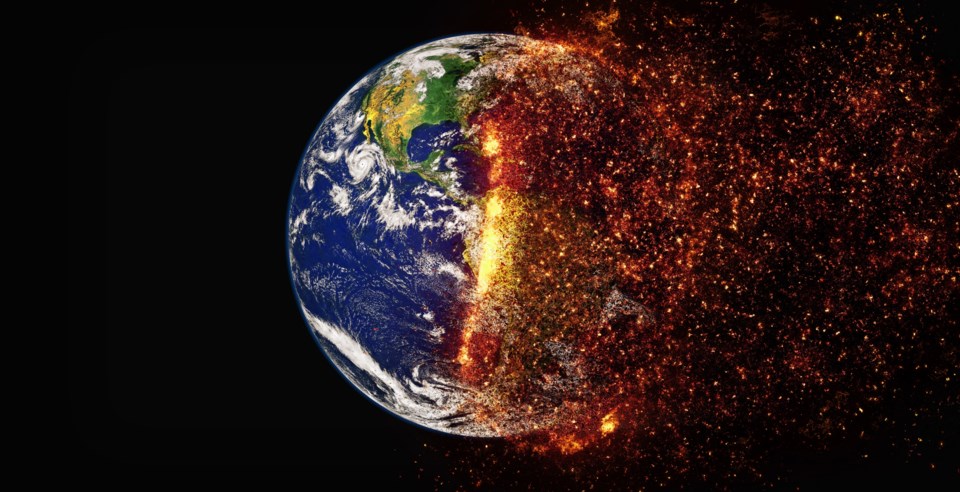There is one population that has lived through enough natural disasters to remain fearless in the face of climate change: older adults. However, many older adults lack the agency to protect themselves from the heat. Empowering older adults to stay cool can promote independence and improve quality of life. So, let’s help aging New Yorkers help themselves this summer.
In 2024, the first heat wave of the season in New York City occurred on June 18 – before the official start of summer. Neighborhoods in central Brooklyn, such as Prospect Lefferts Garden and East Flatbush, have the highest heat vulnerability indices. These neighborhoods are most affected by heat waves due to the “urban heat island effect,” where decreased green infrastructure can make ambient temperatures feel at least 10 degrees hotter.
The NYC Emergency Management and Department of Health and Mental Hygiene expanded the number of “cooling centers,” or public, indoor air-conditioned places like public libraries and senior centers. However, older adults with limited mobility and technological understanding may discover difficulties accessing these resources.
The 2024 NYC Heat-Related Mortality Report found the highest number of heat-stress deaths among people aged 60 and older. Older adults (≥65 years of age) are more vulnerable to heat-related hospitalization and mortality, with a 53.7% increase in heat-related mortality in recent decades.
Older adults are unlikely to ask for help, even when they need it the most. I am a Brooklyn native, and I have worked with older adults in various clinical and community settings in the city. Many older adults have told me they continue to rely on themselves for grocery shopping and transportation to and from medical appointments. It is important to them that they retain their autonomy. It is imperative to implement solutions to climate change that involve older adults rather than simply include them.
Aging populations may not adjust to drastic temperature increases as easily as younger populations due to decreased thermoregulation and sweating, the body’s primary mechanism to cool down. Low-income, unhoused and socially-isolated seniors are especially vulnerable to heat-related challenges including dehydration, heat stroke and death.
However, aging New Yorkers are not passive bystanders to climate change. They possess the wisdom and resilience to prepare for, and navigate the future of climate change.
Cooling centers need to be assessed for quality and improved to encourage frequent use by older adults. New York City opened 500 cooling centers this summer and while over 300 are designated “Older Adults Only,” infrastructure issues caused them to close, according to Pix11. A senior center in Manhattan, Encore’s Lifelong Learning Center, could not operate this summer because of faulty HVAC system, leaving nearby older adults in the community stranded in the heat.
Moreover, cooling centers need to be distributed more evenly across New York City to provide ease of access for older adults with limited mobility. Currently, cooling centers are most concentrated in Manhattan. Some neighborhoods in central Brooklyn that possess the highest heat risks in the city only have 1.2 cooling centers per 100,000 people. Additional cooling centers should be established in community locations within these neighborhoods such as houses of worship or recreational centers.
Technology education tailored to navigating online resources for climate change should be provided for older New Yorkers where they gather – including public libraries, community centers and faith-based centers. Older adults can download mobile weather applications, check upcoming weather forecasts and prepare for extreme weather conditions on their own.
Older New Yorkers can take active roles in their communities to protect older adult neighbors from the heat. Encouraging older adults to become virtual volunteers in the “Be A Buddy” Program – which recruits volunteers to conduct wellness checks on heat-vulnerable residents in NYC– can help them feel a sense of purpose and promote social cohesion.
We have so much to learn from older adults in the age of climate change. It’s time we started listening.
Tiffany Li is Brooklyn resident and an MD/MPH student at SUNY Downstate Health Sciences University.




